Benefits of Peppermint Essential Oil
Used in aromatherapy:
- Eliminates stress, anxiety, fatigue, tiredness, irritability and a bad mood. It relaxes the nervous system, whilst simultaneously invigorating, energising and lifting the mood;
- Stimulates the brain, dispels mental fatigue, increases cognitive functioning;
- Escalates focus, concentration and motivation and enhances memory retention. Proven to boost mental accuracy, and enhance clear thinking;
- Increases pain thresholds;
- Shown to improve athletic performance and ability;
- Alleviates headaches and migraines and suppresses feeling of nausea;
- Benefits respiratory health. Reduces swollen membranes, opens the airways, and helps to break down mucus and clear blocked sinuses, promoting easier breathing;
- Relaxes muscles in the digestive system, facilitates digestion, improves digestive ailments and reduces cramping;
- A natural repellent for cockroaches, bed bugs, ants, mosquitoes and spiders;
- Helps suppress the appetite and stimulates the feeling of being full.
Applied Topically:
- Heals minor burns and skin afflictions such as cuts and scratches, accelerates wound healing, and supports regeneration of the skin;
- Cools and soothes inflammatory skin conditions, reduces swelling and puffiness, and relieves any associated itching in conditions such as allergic reactions, eczema, bites, sunburn, etc;
- Cleanses the skin and unclogs pores and, with its antibacterial and antiseptic properties, effectively relieves acne and skin infections. Minimises large or open pores;
- Tightens and firms and reduces the appearance of fine lines to give the skin a more youthful appearance;
- Soothes, heals and protects chapped or cracked lips;
- Effective against the herpes simplex virus that causes cold sores;
- Reduces itching sensation from chronic pruritus, which can be a symptom of diabetes, or a liver or kidney related disease;
- Diminishes nerve pain in shingles;
- Traditionally used as a chest rub to relieve congestion;
- Relieves muscle and joint pain. Stimulates blood flow to the area, inhibits muscle contractions and relieves tension;
- Rub into the feet to reduce fever;
- When applied to the temples, forehead and back of head can relieve headaches and migraine;
- Stimulates the scalp, alleviates itching, dryness, dandruff and seborrheic dermatitis. Increases blood circulation and helps to strengthen the hair roots, diminishing hair loss;
- Eliminates lice.
Other Uses:
- Add to a bath: Relieves respiratory infections, nerve pain, headaches, muscle aches, itching and benefits a poorly functioning liver and pancreas. (Not recommended for children under 6);
- Mouthwash: Add a couple of drops to some water. Protects against plaque formation, maintains healthy gums, and eliminates bad breath;
- A cleaning spray: Add a couple of drops to some water or apple cider vinegar to clean and eliminate bacteria, fungi and bugs, and also works as an insect deterrent. Sanitises the air as it cleans.
Note: Essential oils are extremely potent and must always be diluted in a natural oil (such as almond, coconut, grape seed, jojoba oil) before application to the skin, scalp or hair). Ratio: 1 drop to 5ml oil.
Do not ingest.
Application of Peppermint Essential Oil
For aromatherapy: add a few drops to a diffuser or oil burner.
For the treatment of fungus: topical application to the affected area.
For treatment of wounds: topical application to the affected area.
For skin and hair care: apply topically. Or add a few drops to moisturiser, body lotion, shampoo, etc.
For massage: 3 drops in 15-20 ml of base oil
Basic Properties of Peppermint Essential Oil
Analgesic, antibacterial, antiemetic, antifungal, anti-inflammatory, anti-itch, antiphlogistic, antiseptic, antispasmodic, antivirus, astringent, carminative, clarifying, decongestant, digestive, expectorant, febrifuge, nervine, stimulant sudorific, vasoconstrictor, vermifuge.
Extraction Method: Steam distillation
Parts Used: Leaves
Aroma: Cool and refreshing.


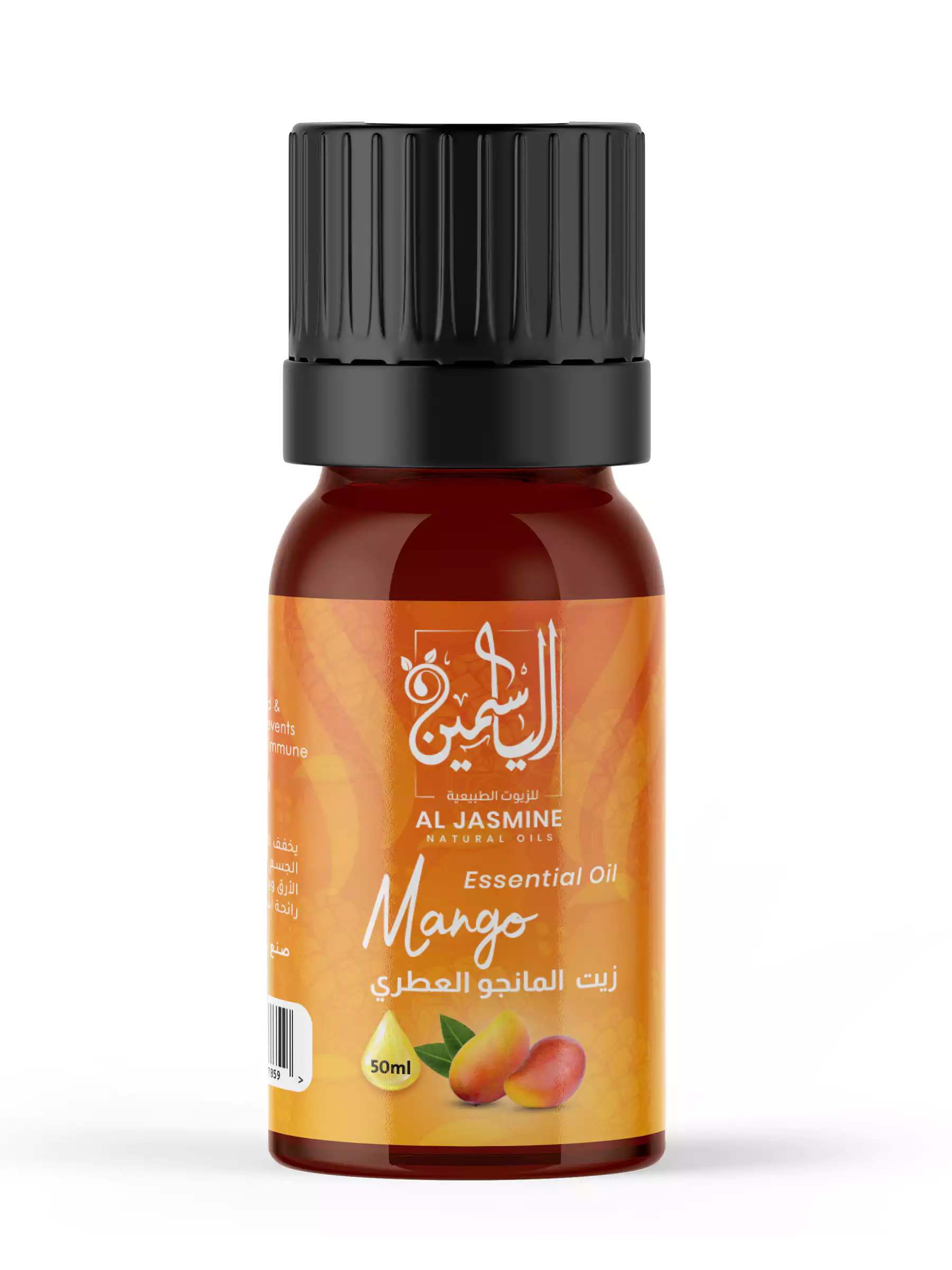
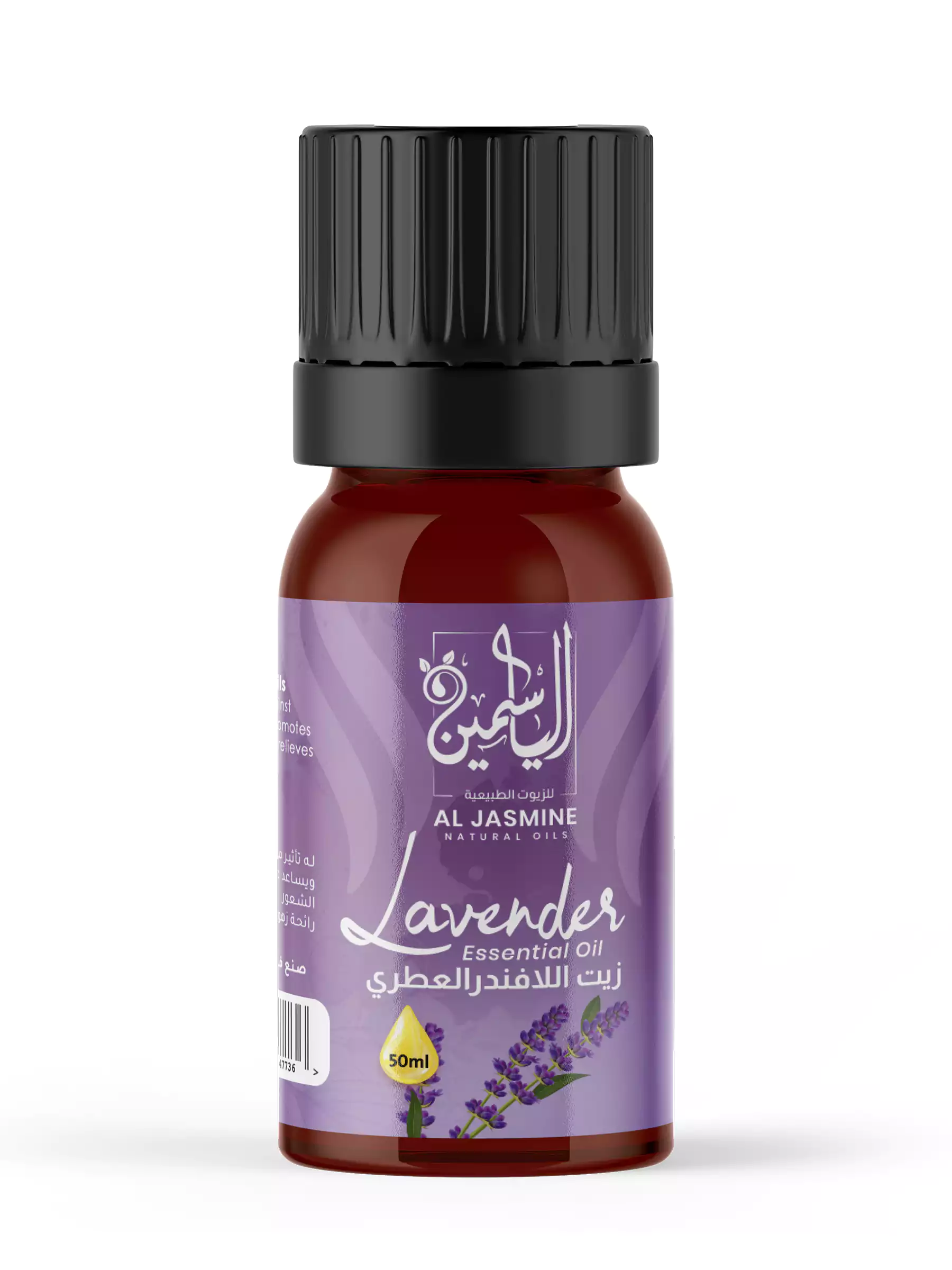
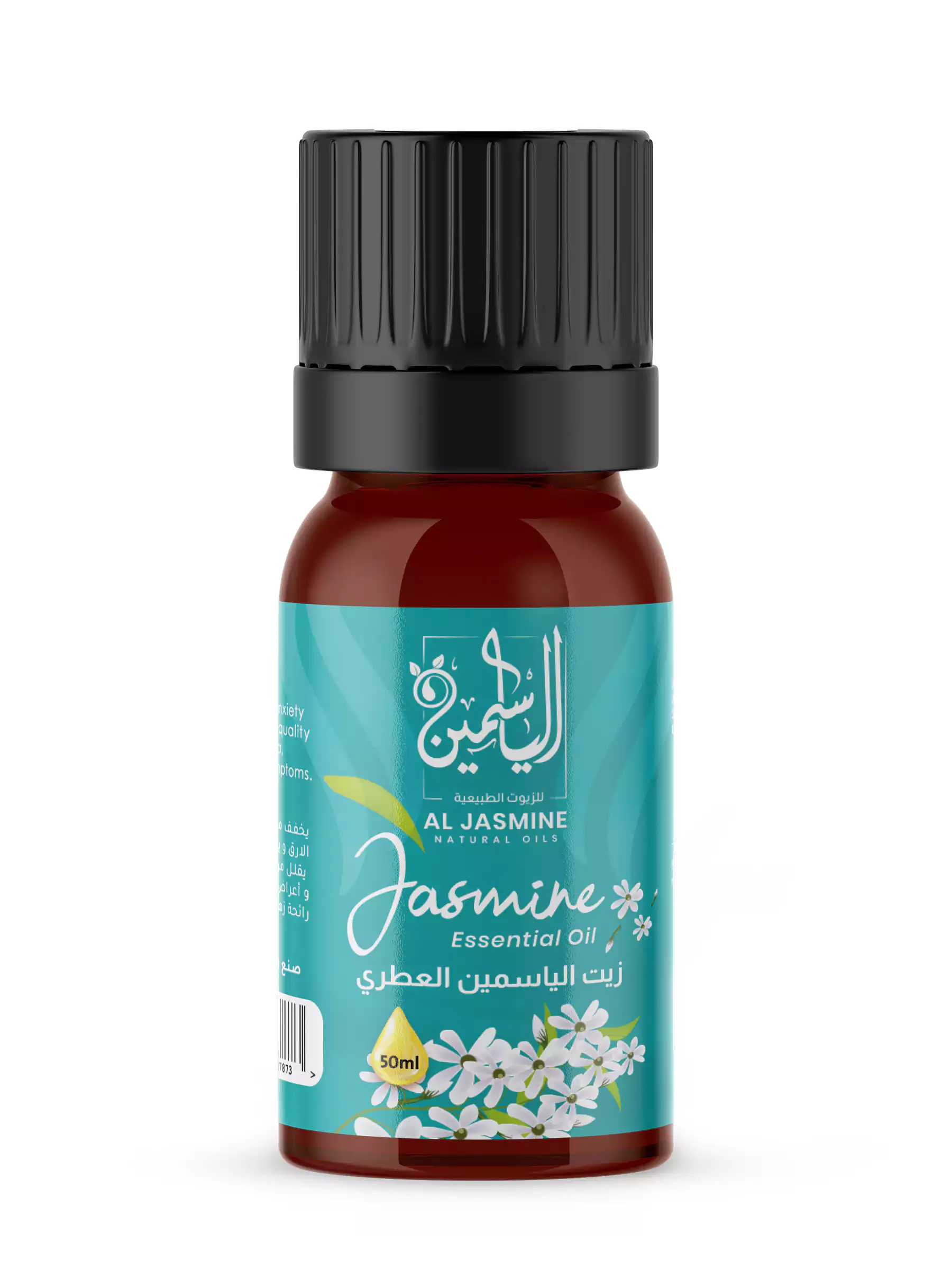



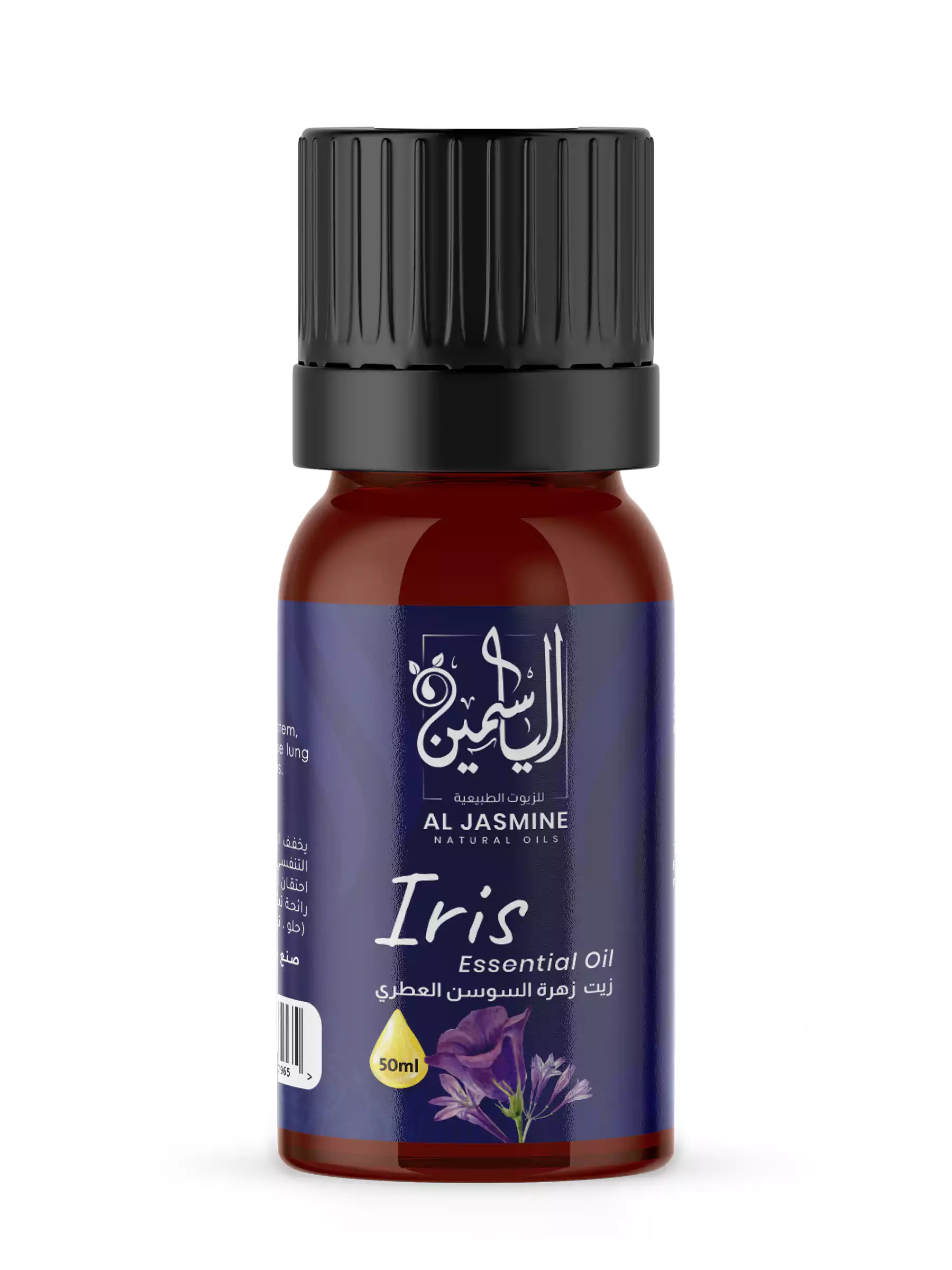


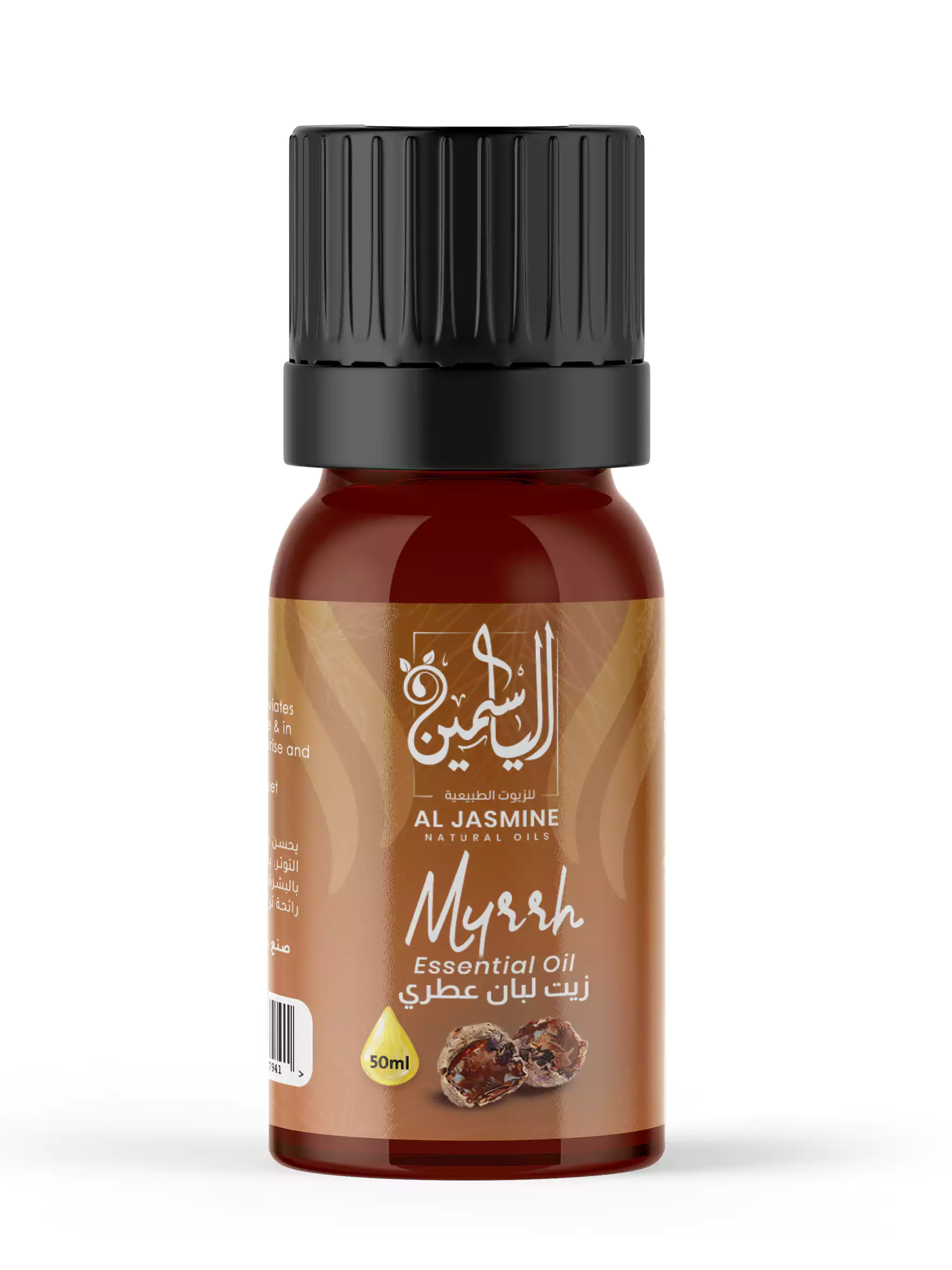
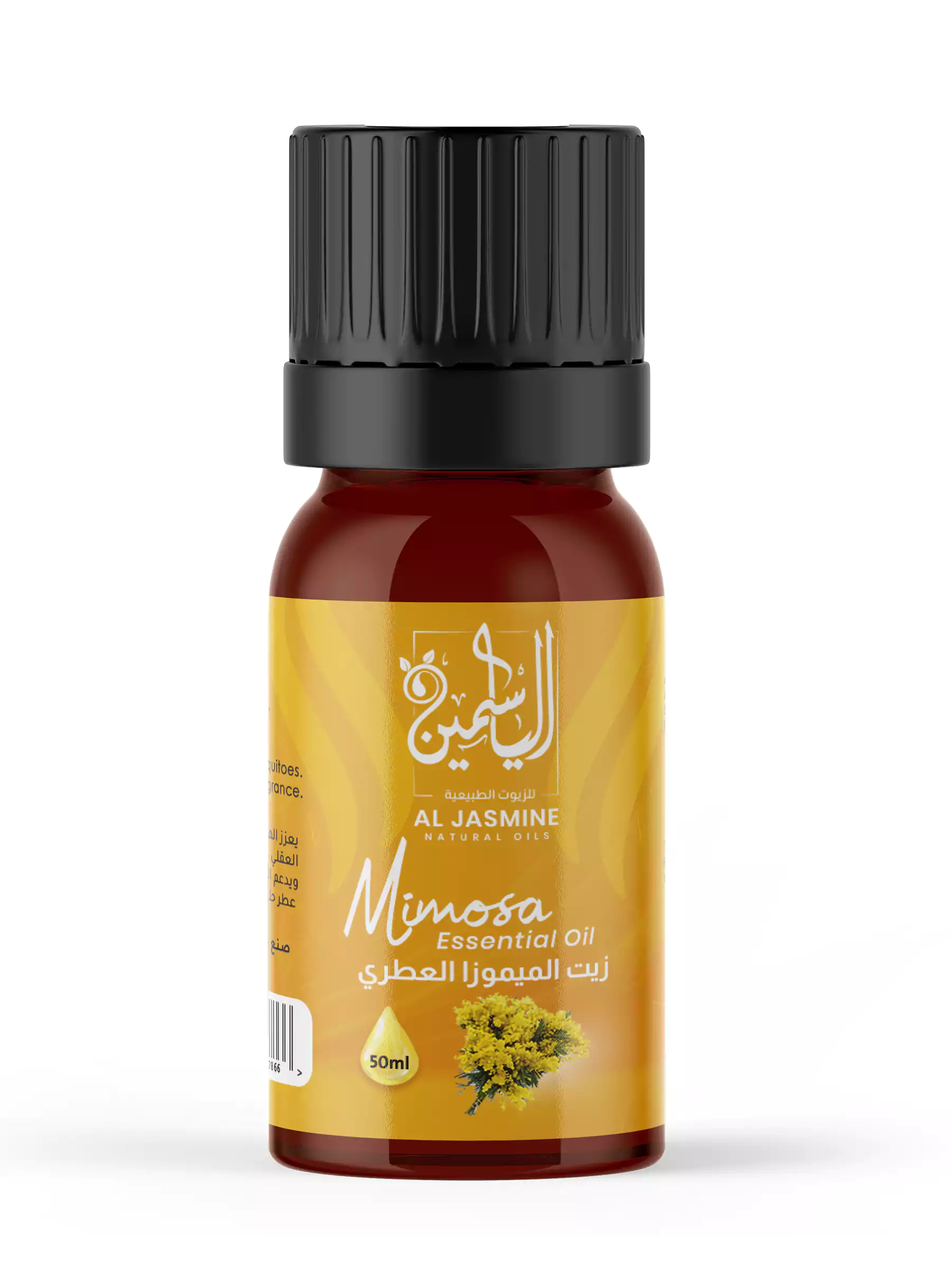







There are no reviews yet.